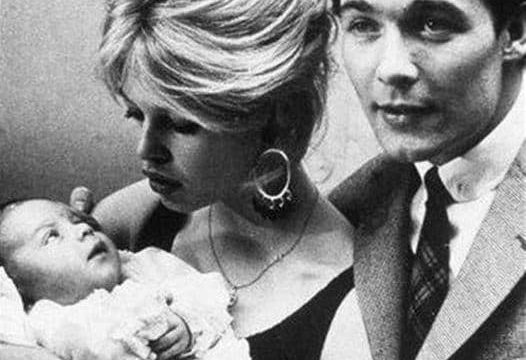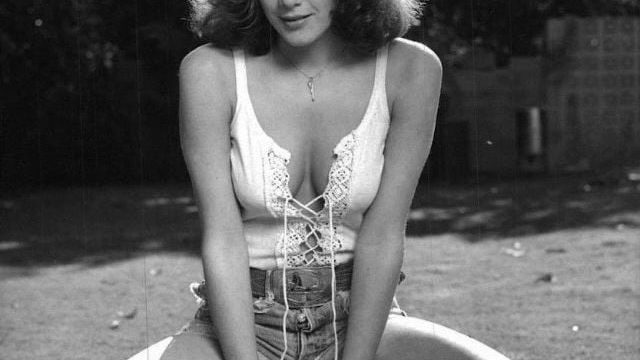When Lee Grant was blacklisted during the McCarthy era in the 1950s, her once-promising Hollywood career came to a screeching halt. The young actress had just earned critical acclaim for her performance in Detective Story (1951) and was on the path to becoming a major star. However, due to her affiliation with her first husband, screenwriter Arnold Manoff, she found herself targeted in the widespread anti-communist witch hunts. Grant refused to cooperate with investigators by naming others, a stance that cost her twelve years of work in film and television. Despite the immense professional and personal toll, she remained firm in her beliefs, later stating, “I certainly was not going to give names in order to work.”

Though her career was forcibly silenced, Grant refused to fade into obscurity. Instead, she used those difficult years to regain her independence, leaving behind a repressive marriage and eventually staging one of the most remarkable comebacks in Hollywood history. In 1965, she returned to the screen with the TV series Peyton Place, earning an Emmy for her role. This success paved the way for bigger opportunities, allowing her to reclaim her place among Hollywood’s most respected actresses.
Grant’s career continued to soar, with standout performances in films such as Shampoo (1975), which earned her an Academy Award for Best Supporting Actress. Beyond acting, she showcased her talents as a director, producing a series of award-winning documentaries that solidified her reputation as a powerful storyteller. Her films explored themes of injustice, resilience, and personal transformation, reflecting her own journey through adversity.
Amid her professional resurgence, Grant also found lasting love with producer Joe Feury. Unlike her tumultuous first marriage, this relationship provided her with stability and mutual respect. Feury, who was twelve years her junior, adored and supported her unconditionally. Their deep bond remained strong over the decades, with Grant once sharing, “Joey wakes up and takes my hand. He’s afraid of losing me.” The love and security she found with Feury played a crucial role in reinforcing her confidence, both personally and professionally.
Even as she entered her late 90s, Grant continued to defy expectations, mesmerizing fans with her grace, intelligence, and striking beauty. She has been open about undergoing a facelift in her 30s, a decision she said helped boost her confidence in an industry notoriously obsessed with youth. Her candor about aging and beauty has resonated with many, and fans frequently comment on her timeless elegance. One admirer marveled, “I’ve never seen a 90+ year old look so great.”
Beyond her personal triumphs and professional achievements, Grant’s story serves as a testament to perseverance, courage, and reinvention. She not only overcame Hollywood’s darkest chapter but emerged as a voice for justice and artistic integrity. Her willingness to stand her ground in the face of immense pressure, her ability to rebuild her career, and her enduring love story with Feury all highlight the resilience that has defined her life.
Her legacy extends far beyond the screen. As an actress, director, and activist, she has paved the way for future generations of performers, proving that talent and conviction can withstand even the most challenging obstacles. Her story is one of triumph over adversity, demonstrating that true success is not just about fame or awards but about staying true to oneself in the face of adversity.
Today, Grant continues to inspire, reminding us that passion and perseverance are the keys to a fulfilling life. Whether through her groundbreaking films, her fearless activism, or her unwavering commitment to love and personal growth, she remains a shining example of strength and grace. Hollywood may have once tried to silence her, but Lee Grant’s legacy is louder and more impactful than ever. Her story is a reminder that true icons are not just remembered for their work, but for their spirit, determination, and the barriers they break along the way.





